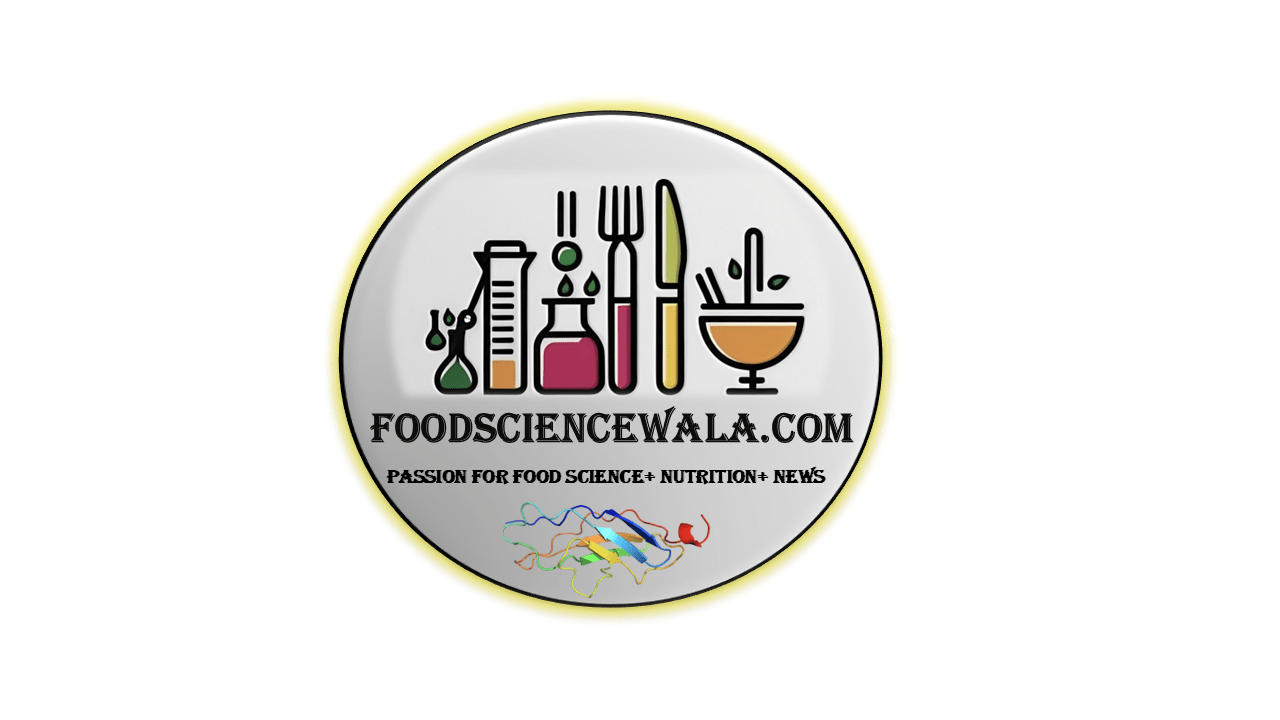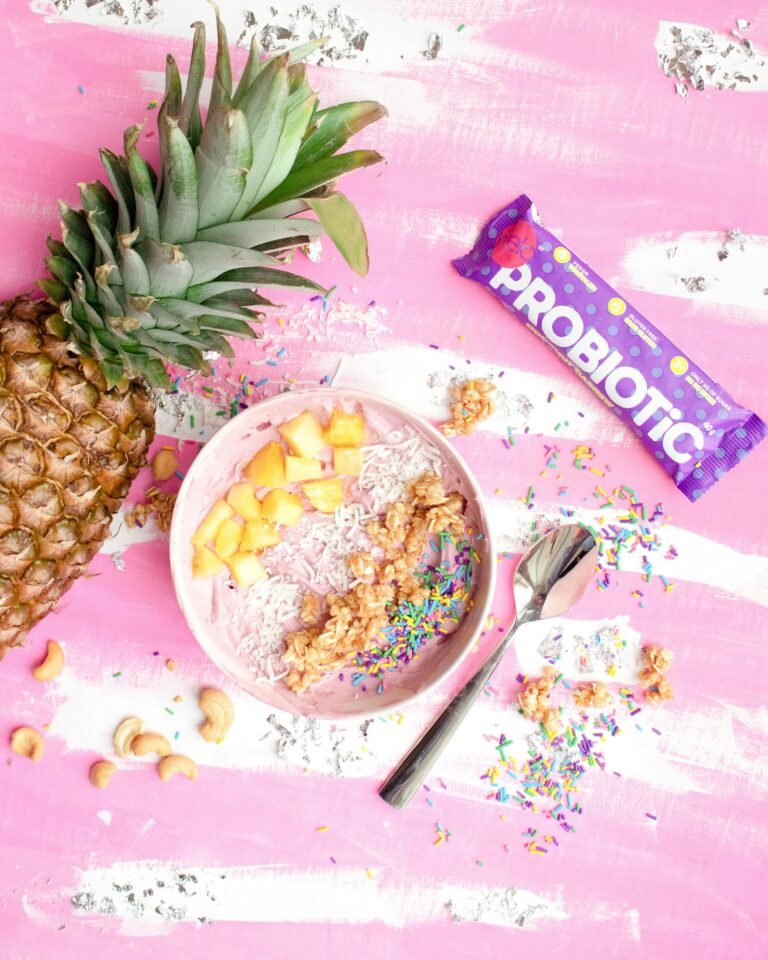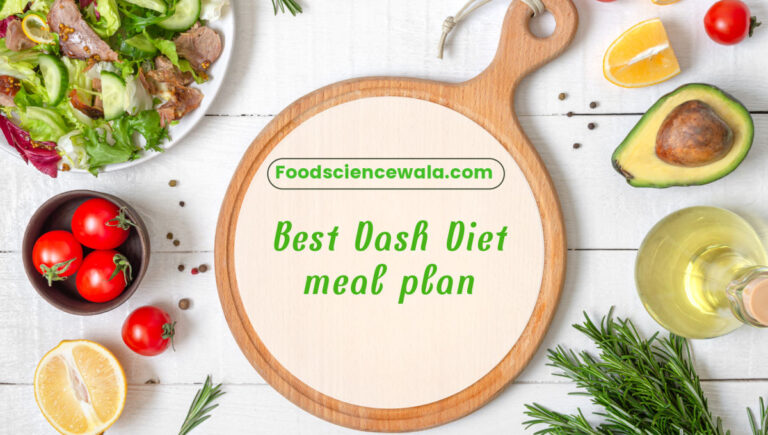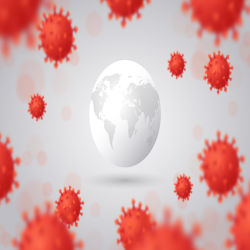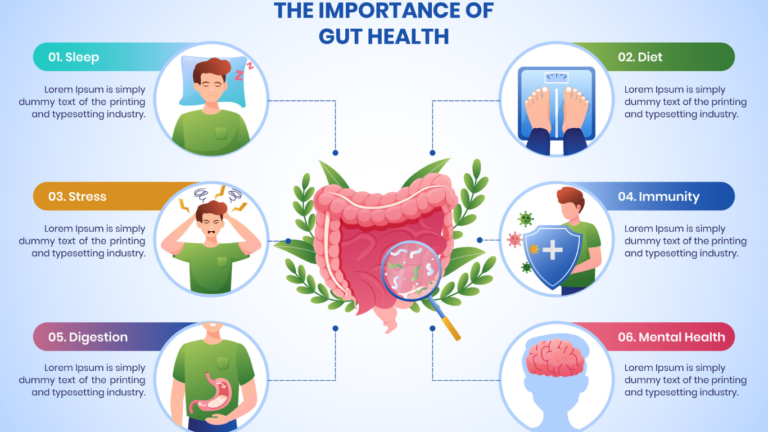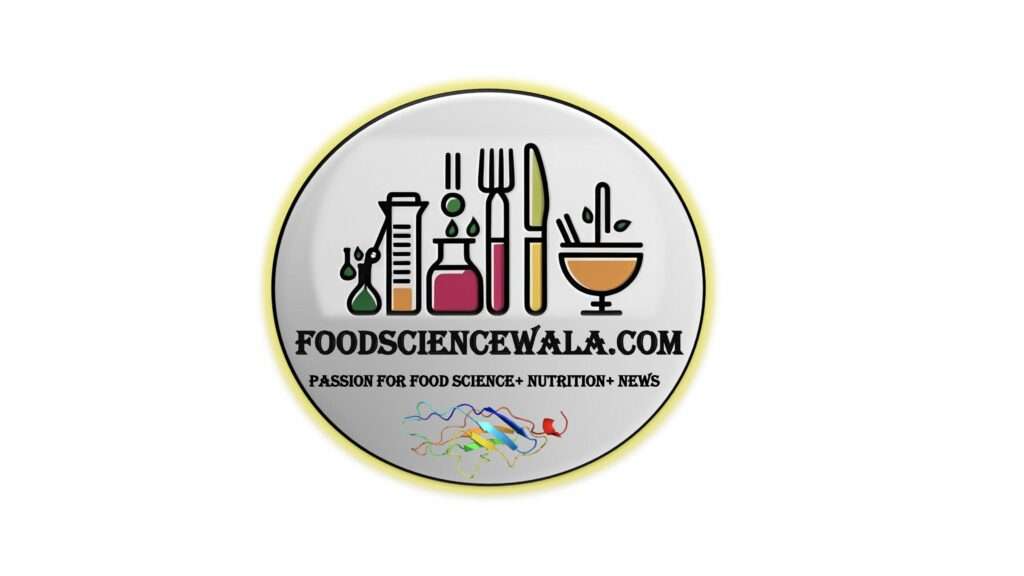Introduction:
Plant-based diets are becoming more popular as people look for ways to eat healthier, reduce their environmental impact, and support animal welfare.

The food industry is responding with innovative plant-based options, but not all of them are equally healthy or sustainable. Some plant-based substitutes are highly processed, raising concerns about their nutritional value and safety.
As plant-based eating continues to evolve, the focus remains on developing nutritious, tasty, and sustainable food products. Proper food selection and combination are essential to ensure balanced nutrition while making plant-based diets enjoyable and accessible for everyone.
In this blog, we will see why a plant-based diet is beneficial, its advantages, its effects on the human body, different types of plant-based diets, and a sample meal plan.
Nutrient Content of a Plant-Based Diet
A truly healthy plant-based diet should include whole foods like fruits, vegetables, whole grains, legumes, nuts, and seeds.
Eating too many processed plant-based foods that are high in sugar, unhealthy fats, and artificial ingredients can cancel out the health benefits of going plant-based.
Fiber – Essential for Digestion and Health
Most people, especially in Western countries, don’t get enough fiber in their diet. Fiber is crucial for digestion and overall gut health also, but animal-based foods don’t contain any fiber.
On the other hand, plant foods like beans, lentils, whole grains, broccoli, berries, avocados, and apples are excellent sources of fiber.
Eating enough fiber helps prevent common health problems like high blood pressure, obesity, heart disease, digestive issues, and even some types of cancer.
Research shows that people who get enough fiber are often those who eat a plant-based diet. Adding more plant-based foods to your meals can significantly improve fiber intake and overall health.
Protein – More Than Just Meat
Many people think of protein as something only found in meat, eggs, and dairy, but plant foods can also be rich in protein. Foods like quinoa, brown rice, beans, lentils, chickpeas, tofu, and nuts provide plenty of protein.
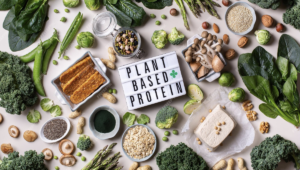
According to health guidelines, only about 10-35% of daily calories need to come from protein, and most people already meet this requirement.
However, if you have higher protein needs, such as athletes or bodybuilders, you can include more high-protein plant foods or use plant-based protein supplements to ensure you get enough.
Micronutrients – Vitamins and Minerals in a Plant-Based Diet
One nutrient that often concerns people following a plant-based diet is vitamin B12. This vitamin is essential for brain function, red blood cell production, and DNA synthesis. A deficiency in B12 can lead to serious health issues like anemia and neurological problems.
Vitamin B12 is naturally produced by bacteria in the soil, but modern food processing removes these bacteria, making it difficult to get B12 from plants.
Meat, dairy, and eggs are natural sources of B12, but plant-based eaters can get it from fortified foods like plant-based milk, breakfast cereals, or B12 supplements.
Other nutrients that may be lower in a plant-based diet include:
- Iron – Found in lentils, spinach, tofu, and pumpkin seeds. Eating vitamin C-rich foods like oranges and bell peppers helps improve iron absorption.
- Zinc – Present in chickpeas, nuts, and whole grains. Zinc is important for immune function and wound healing.
- Calcium – Essential for strong bones, found in fortified plant milk, leafy greens, almonds, and sesame seeds.
- omega 3 in plant based diet – Important for brain and heart health, found in chia seeds, flaxseeds, walnuts, and algae-based supplements.
- Vitamin D – Helps with calcium absorption and bone health. It can be obtained from fortified foods or sunlight exposure.
A 2020 German study found no significant difference in B12 levels between plant-based eaters and those who eat meat, suggesting that fortified foods and supplements can be enough to maintain healthy levels.
Benefits of whole plant based diet
A plant-based diet offers numerous health benefits, including better weight management, improved heart health, and better control of type II diabetes. Here’s how it can positively impact overall well-being:
Weight Management
Research shows that people who follow a plant-based diet tend to have a lower Body Mass Index (BMI) and reduced body fat, making it easier to maintain a healthy weight.
A study found that switching to a diet rich in plant-based protein and free from animal products helped participants lower their BMI, reduce visceral fat, and improve insulin resistance, even without changing their physical activity levels.
Heart Health
Plant-based diets have been linked to a lower risk of heart disease. Studies have shown that people who avoid meat have significantly lower rates of ischemic heart disease and a reduced risk of death from heart-related issues.
One trial found that individuals following a plant-based diet experienced a greater reduction in atherosclerosis compared to those following the standard American Heart Association diet.

Another study revealed that vegetarian participants had a 24% lower risk of dying from heart disease than meat-eaters. Research even suggests that switching to a plant-based diet can lead to positive structural changes in the heart, which may contribute to better heart function.
Diabetes Management
A plant-based diet is recognized as a beneficial option for managing type II diabetes. The American Diabetes Association acknowledges that plant-based eating can help control blood sugar levels.
A study found that when patients with type II diabetes switched to a vegan diet and started exercising, they experienced lower triglycerides, cholesterol, fasting blood glucose, and insulin resistance.
Within two weeks, their blood sugar levels dropped by 35%, and some even stopped needing diabetes medication. Long-term follow-ups showed that most patients who stayed on a vegan diet continued to have improved blood sugar control.
Plant-Based Diet and Cancer Risk
Eating a plant-based diet may help lower the risk of certain cancers.
A study involving more than 76,000 people found that following a diet rich in healthy plant-based foods may be linked to a lower chance of developing breast cancer.
Similarly, another study found that eating more nutritious plant-based foods could reduce the risk of aggressive prostate cancer, especially in men under the age of 65.
Additionally, a review published in 2022 suggested that plant-based diets might help lower the risk of cancers affecting the digestive system, including pancreatic, colon, rectal, and colorectal cancers.
One day plant based meal plan
This menu includes a variety of whole, nutrient-rich plant-based foods while ensuring adequate intake of fiber, protein, and essential micronutrients.
| Meal | Dish | Key Nutrients |
|---|---|---|
| Breakfast | Sprouted Moong & Chana Chaat with lemon and coriander | Protein, Fiber, Iron, Vitamin C |
| Ragi Porridge with jaggery and nuts | Calcium, Iron, Omega-3 | |
| Fortified Soy Milk with turmeric | Vitamin B12, Vitamin D | |
| Mid-Morning Snack | Roasted Makhana with flaxseeds | Omega-3, Zinc |
| Fresh seasonal fruit (Papaya/Guava) | Fiber, Vitamin C | |
| Lunch | Bajra Roti with Mixed Dal (moong, masoor, chana) | Protein, Fiber, Iron |
| Palak Tofu Curry | Iron, Calcium, Protein | |
| Cucumber-Tomato-Onion Salad with lemon | Vitamin C, Fiber | |
| Fortified Almond or Soy Milk | Vitamin B12, Calcium | |
| Evening Snack | Chia Seed & Date Ladoo | Omega-3, Iron, Fiber |
| Masala Jowar Puffs | Fiber, Zinc | |
| Dinner | Quinoa Khichdi with vegetables (carrots, beans, peas) | Protein, Fiber, Vitamins |
| Besan Chilla with Mint Chutney | Protein, Iron, Zinc | |
| Warm Haldi (Turmeric) Almond Milk | Calcium, Vitamin D | |
| Bedtime | Walnuts & Raisins | Omega-3, Iron |
References:
- https://journals.sagepub.com/doi/abs/10.1177/1559827615588079
- https://academic.oup.com/nutritionreviews/article-abstract/67/4/188/1901012
- https://link.springer.com/article/10.1007/s11932-005-0034-4
- https://www.sciencedirect.com/science/article/pii/S0261561420306567
- https://link.springer.com/article/10.1186/s12916-020-01815-3
- https://jamanetwork.com/journals/jama/fullarticle/188274
- https://www.sciencedirect.com/science/article/pii/S0002916522041004
- https://www.bmj.com/content/370/bmj.m2194.abstract
- https://www.healthline.com/nutrition/plant-based-diet-guide#benefits
- https://pmc.ncbi.nlm.nih.gov/articles/PMC8210981/pdf/ms118_p0233.pdf
